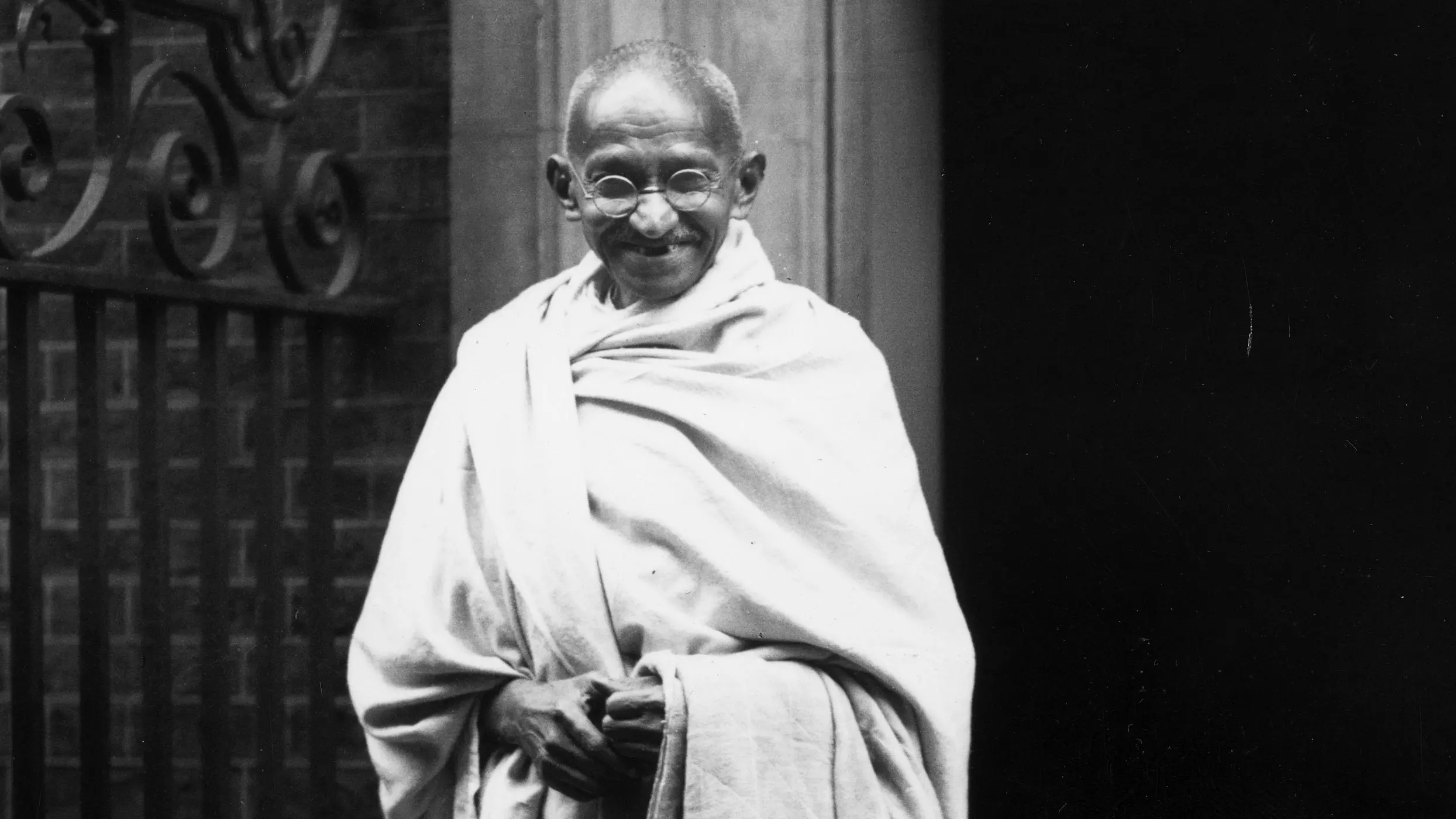Ethics Amid Embers
Manash Firaq Bhattacharjee’s powerful narrative in the book revisits Gandhi’s moral trial during Partition, tracing his epic nonviolent resistance amid rising communal violence and redefining the ethical force of Gandhian conscience in crisis. Excerpts:

Jinnah’s idea of a social contract between the minority and the majority is a destruction of the idea of social contract. He makes the promise of social agreement between two communities impossible. The contract is negated by creating rhetorical hindrances to the Congress and the Muslim League coming to agree on the nature of sovereignty and polity. Jinnah rejects the moral possibility of the social contract…
From 1940 onwards, Jinnah sailed single-mindedly on his divisive boat.
The political, for Jinnah, became the communal. He ended up arguing that by default, if any communal minority turns political, it can make a nationalist claim on purely communal lines, and demand territory in its name. In doing so, Jinnah created an argumentative marvel. The minority claim to nationhood presents a critique of a hegemonic majority and wants to annul the majority–minority relationship. But it simultaneously seeks to reproduce that relationship in a different form within its desired territorial and political configuration where they enjoy the status of a majority. The majority–minority relationship is destroyed, but not its framework. The relationship is re-established elsewhere to one’s advantage. Religion is central to this scheme of argumentation. The problem of social and political relations between communities is seen through a religious lens. The concept of territory, nation, religion, community and even constitution, circulate in a compressed manner around a central argument that is predominantly communal.
In the territorial divisions that Jinnah and his Muslim League sought to secure for Pakistan through a series of resolutions and statements, the focus shifted from ‘the Muslim-minority provinces to the Muslim-majority provinces.’ The ironic paradox and political sleight of hand is this: Jinnah and his team argued for Pakistan in the name of India’s largest minority, to safeguard its rights and secure its political future, by transforming the minority into a territorial majority. This majority in turn was defined in terms of religion alone.
This play of categories by Jinnah became a template for communal separatists.
Ishtiaq Ahmed writes that beginning with his speech of 22 March 1940 where he forwarded the two-nation agenda, Jinnah showed his ‘special contempt for Gandhi’ and made up his mind to take ‘a negative stand to whatever Gandhi and the Congress leaders proposed.’
In the same conference held on 26–27 May 1940, Jinnah responded to a statement that Gandhi made on 13 May from Sevagram (published in Harijan on 15 May).
This is the relevant portion of Gandhi’s statement:
‘The demand for partition puts an end to all effort for unity for the time being. I hold that communal understanding is not a prerequisite to the British doing justice on their part. When they feel that they want to recognize India’s right of self-determination, all the difficulties that they put forth as obstacles in their path will melt away like ice before the sun’s rays. The right of self-determination means the right of determination by every group and ultimately every individual. The demand for a Constituent Assembly presumes that the determinations of the groups and individuals will coincide. Should it happen otherwise and partition becomes (sic) the fashion, either we shall have partition or partitions rather than foreign rule, or we shall continue to wrangle among ourselves and submit to foreign rule, or else have a proper civil war.’
Gandhi felt that India might be faced with three eventualities if its right to self-determination were to be intercepted by partition. There might be multiple divisions of the country, an endless political quarrel over sovereignty that will help extend colonial rule or a full-fledged civil war. Jinnah retorted by saying,
‘It is quite clear from this that Mr Gandhi understands or ought to understand that to wrangle over the imaginary one and united India can only result in our submission to foreign rule. I pray that Mr Gandhi’s prophecy of “proper civil war” will not come’.
By August 1947, Jinnah would have realized that Gandhi’s warnings were prescient. He made a tragic blunder by not heeding Gandhi’s prophetic insight. However, Gandhi did not only warn the Muslims.
A reader of Harijan reminded Gandhi on 19 May about the statement that he made on 29 April in Sevagram in response to the Lahore resolution of the Muslim League on 23 March, that if Muslims desire partition, ‘no power on earth can prevent it’. The reader asked if he was ‘underrating’ the desire of Hindus by putting a ‘premium’ on Muslims. Gandhi replied, ‘If the majority of Hindus or Christians or Sikhs or even Parsis, small though their number is, stubbornly resist the express wish of the duly-elected representatives of eight crores of Muslims, they will do so at the peril of a civil war. This is not a question of majority or minority. If we are to solve our problems non-violently, there is no other way.’
Gandhi’s plea to non-Muslims to non-violently accept the Muslim demand aside, he had anticipated the possibility of civil war resulting from the refusal by Hindus and non-Muslim minorities to accept the demand for Pakistan. The accuracy of Gandhi’s prophecy of organized mass violence and the breakdown of social relations is in stark contrast to Jinnah’s obliviousness about the nature of the beast he was unleashing upon his own community, as much as on others.
(Excerpted with permission from Manash Firaq Bhattacharjee’s ‘Gandhi: The End of Non-Violence’. Published by Penguin)



